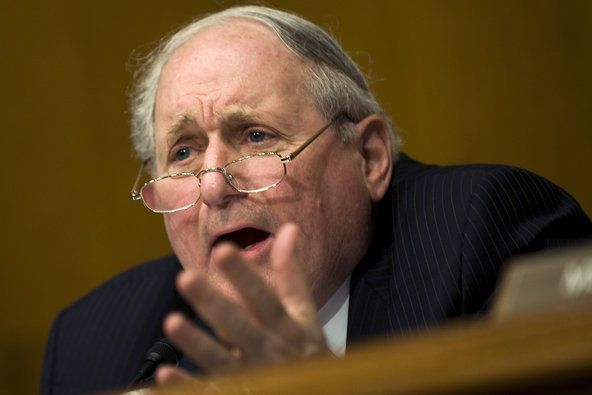Baidu, the leading search engine in China, signed a deal last week to buy an operator of mobile application stores called 91 Wireless for $1.9 billion from an online video game company, NetDragon. The move should help Baidu regain ground against two other Chinese Internet giants, Alibaba and Tencent, which were quicker to add mobile capabilities.
The deal may also advance the fight against digital piracy of mobile apps, which remains widespread in China. In the rest of the world, most mobile applications are distributed through official outlets like Google Play or Apple’s App Store. But in China, dozens of so-called alternative app stores are the dominant distributors. Many of the applications available for download through the alternative stores are unauthorized knockoffs.
Baidu will get two of the alternative stores, HiMarket and 91 Assistant, as part of its deal with 91 Wireless. And analysts say Baidu could be motivated to crack down on unauthorized copies, which would alter the landscape of China’s app market.
“It’s fair to say that it has not been a priority among Chinese app stores to police the content,” said Carl-Johan Skoeld, director of Stenvall Skoeld Company, a consulting firm in Shanghai that works with app developers.
Two years ago, Baidu reached a landmark agreement with major record companies to distribute licensed online music after it had been labeled a conduit for piracy by the Office of the United States Trade Representative. In addition, Baidu’s stock is listed on the Nasdaq, potentially exposing the company to litigation from software developers whose applications had been copied and offered through 91 Wireless, legal experts said.
“It’s unlikely that app stores would be protected by safe harbor,” a provision of Chinese law that gives Internet companies legal protection, in certain cases, if they act to take down pirated material, said You Yunting, an intellectual property lawyer at DeBund Law Offices in Shanghai.
“If I were Baidu, I would put aside 10 to 30 percent of the purchase price as a copyright infringement fund and pay it out a year or two later, conditional on 91 stopping piracy,” he said.
Baidu and 91 Wireless declined to comment.
Analysts say 91 Wireless has already been more active in fighting piracy than some other app stores in China, taking down infringing applications when notified. But developers complain that they should not be responsible for patrolling the stores for violations; given the number of stores and the frequency of updates, the task is practically impossible.
Alternative app markets have thrived in China in the absence of Google Play, which caters to phones using the company’s Android operating system. More than three-quarters of smartphones in China use Android, but Google, which had a prominent dust-up with Beijing over accusations of censorship and network security, has not introduced a Chinese version of its app store.
Alternatives like Qihoo 360, Wandoujia, 91 Assistant and HiMarket have filled the gap. Many of the Android apps on these sites are legitimate; because there is no Chinese Google Play, the developers instead license their apps to the alternative markets.
But it is another matter for alternative apps compatible with Apple’s iOS operating system. Apple integrates its hardware and software, so iPhones are configured to download applications only from the company’s official app store.
Apple did not introduce a Chinese-language version of the online shop until 2010, and did not permit credit card transactions in the local currency until a year later. As a result, many Chinese iPhone owners decided to “jailbreak” their phones — hacking them to accept applications from outside sources. Most of the apps are unauthorized copies.

Article source: http://www.nytimes.com/2013/08/19/business/global/baidu-deal-may-reduce-app-piracy-in-china.html?partner=rss&emc=rss
